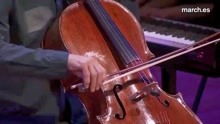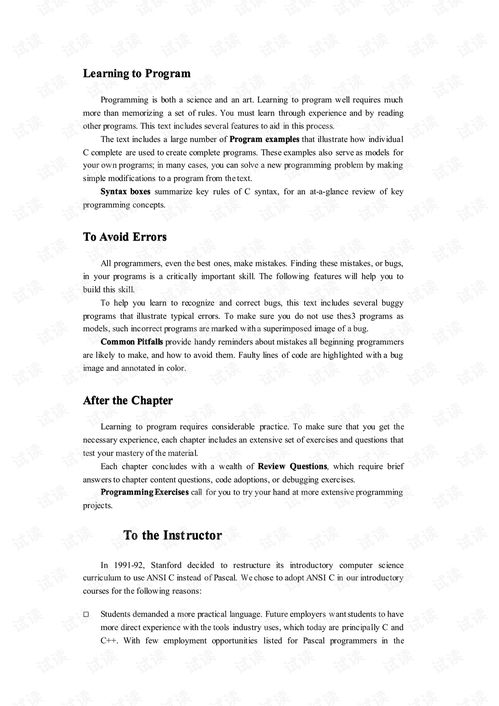Content:
Introduction: Fishing has always been a popular outdoor activity that offers relaxation, excitement, and a chance to connect with nature. Whether you are a beginner or an experienced angler, catching field fish can be both challenging and rewarding. In this article, we will discuss various techniques and tips to help you master the art of catching field fish. So, grab your fishing rod, and let's dive into the world of angling.
Choose the Right Equipment: To catch field fish effectively, it is crucial to have the right equipment. Here are some essential items you should consider:
a. Rod and Reel: Select a rod and reel that are suitable for the type of fish you are targeting. A lightweight spinning rod and reel combination is ideal for catching field fish.
b. Line: Use a monofilament line with a suitable strength, typically ranging from 4 to 10 pounds. The line should be strong enough to handle the fish but not too heavy to spook them.
c. Lures and Baits: Depending on the fish species, choose appropriate lures and baits. Live bait, such as worms, crickets, or minnows, can be effective. Artificial lures like spinners, jigs, and crankbaits can also attract field fish.
Learn the Basics of Casting: Casting is a fundamental skill that requires practice. Here are some tips to improve your casting technique:
a. Hold the rod correctly: Grip the rod with a comfortable and relaxed grip, allowing the reel to hang naturally.
b. Load the rod: Before casting, load the rod by bending it at the tip and then slowly straightening it out. This technique ensures a smooth casting motion.
c. Wind the line: Begin by winding the line onto the reel until you have enough line out to reach your desired casting distance.
d. Cast: Hold the rod at a 45-degree angle, and with a smooth, controlled motion, cast the line towards your target. Practice different casting techniques, such as the overhead cast, sidearm cast, and roll cast, to master various scenarios.
Understand Fish Behavior: To catch field fish, it is essential to understand their behavior and habits. Here are some tips:
a. Study the fish species: Familiarize yourself with the habits, feeding patterns, and preferred habitats of the fish you are targeting.
b. Observe the environment: Pay attention to the water temperature, clarity, and vegetation. These factors can significantly impact fish behavior.
c. Adapt your technique: Adjust your bait, lure, and presentation based on the fish's behavior and environment.
Locate the Fish: To increase your chances of catching field fish, locate their preferred habitats. Here are some tips:
a. Study maps and guides: Utilize maps and fishing guides to identify potential hotspots for field fish.

b. Scout the area: Spend time exploring the waterbody and observe fish activity. Look for signs such as fish jumping, feeding, or resting in specific areas.
c. Ask locals: Local anglers can provide valuable insights into the best spots for catching field fish.
Present Your Bait or Lure: Once you have located the fish, it is time to present your bait or lure effectively. Here are some tips:
a. Present the bait or lure slowly and smoothly: Field fish can be easily spooked, so a gentle presentation is key.
b. Vary your retrieve: Experiment with different retrieve techniques, such as a slow, steady retrieve, a fast twitch, or a stop-and-go motion.
c. Adjust your depth: Fish may be found at different depths, so experiment with different techniques to reach them.
Be Patient and Persistent: Catching field fish requires patience and persistence. Here are some tips to keep you motivated:
a. Stay focused: Avoid distractions and stay focused on your fishing technique.
b. Adapt to changing conditions: Be flexible and adjust your approach based on weather, water conditions, and fish behavior.
c. Keep trying: If you don't catch anything right away, don't get discouraged. Persistence can pay off in the end.
Conclusion: Catching field fish can be a challenging yet rewarding experience. By choosing the right equipment, mastering casting techniques, understanding fish behavior, locating their preferred habitats, and presenting your bait or lure effectively, you can increase your chances of success. Remember to be patient and persistent, and you will undoubtedly enjoy the thrill of catching field fish. Happy fishing!












